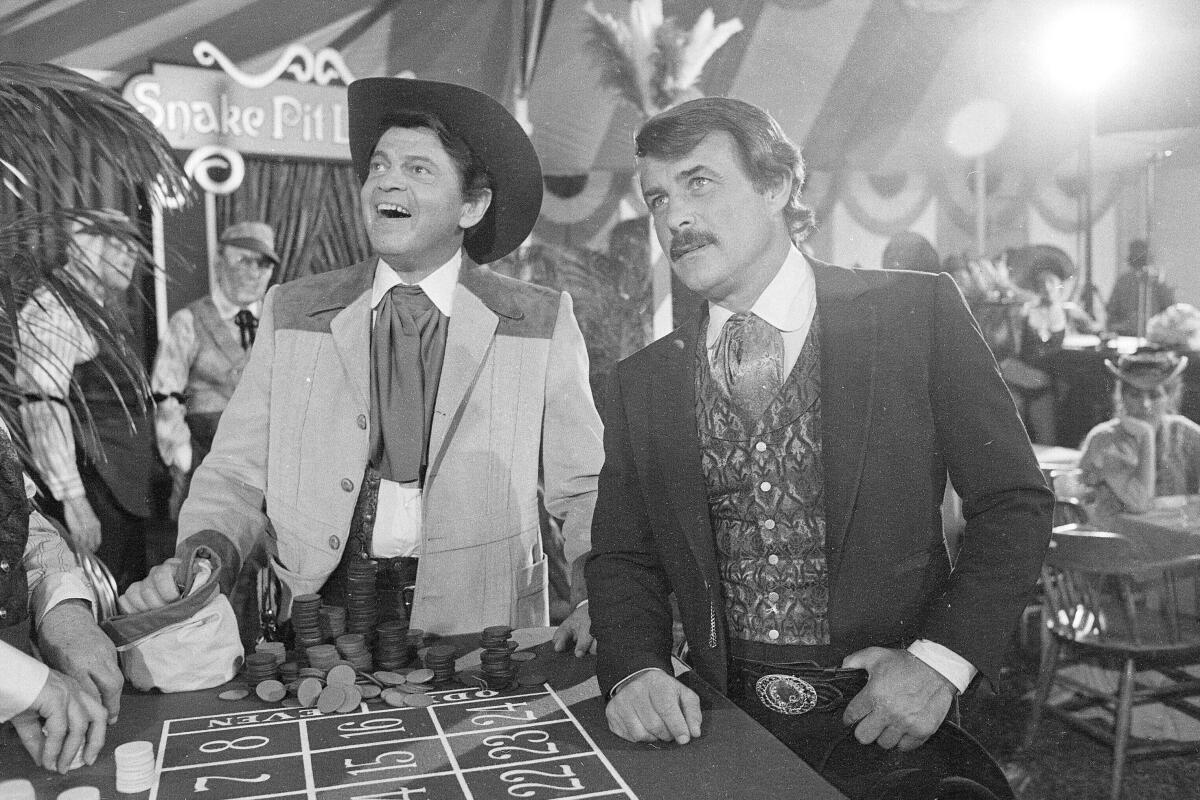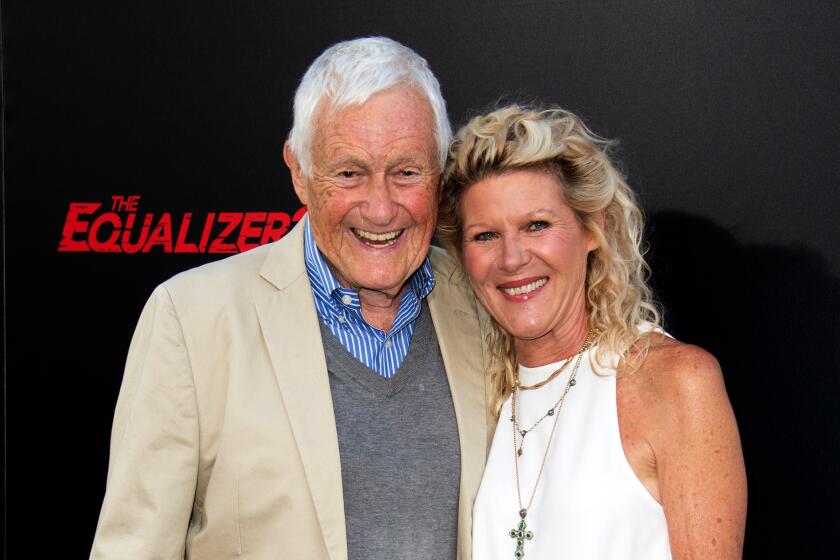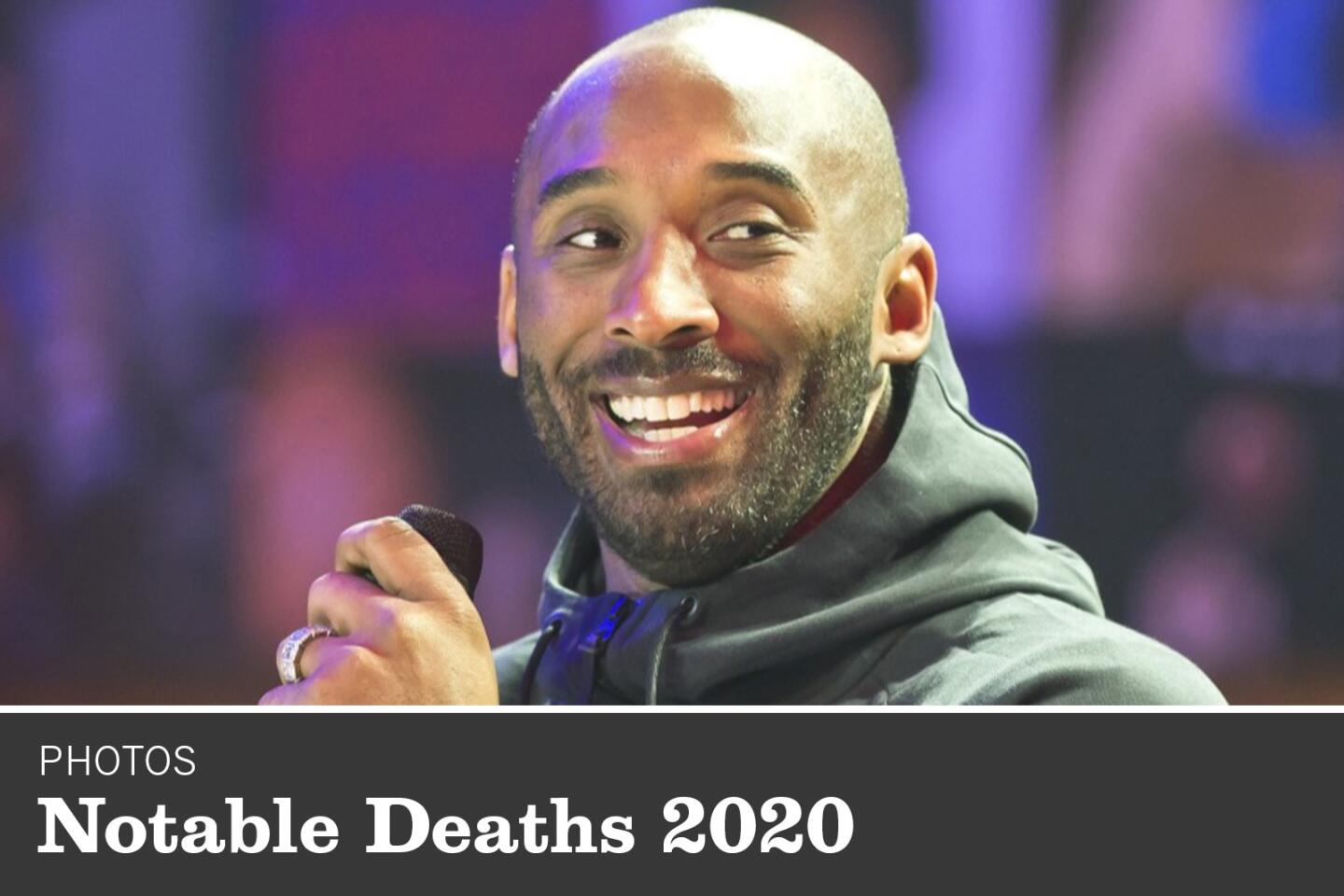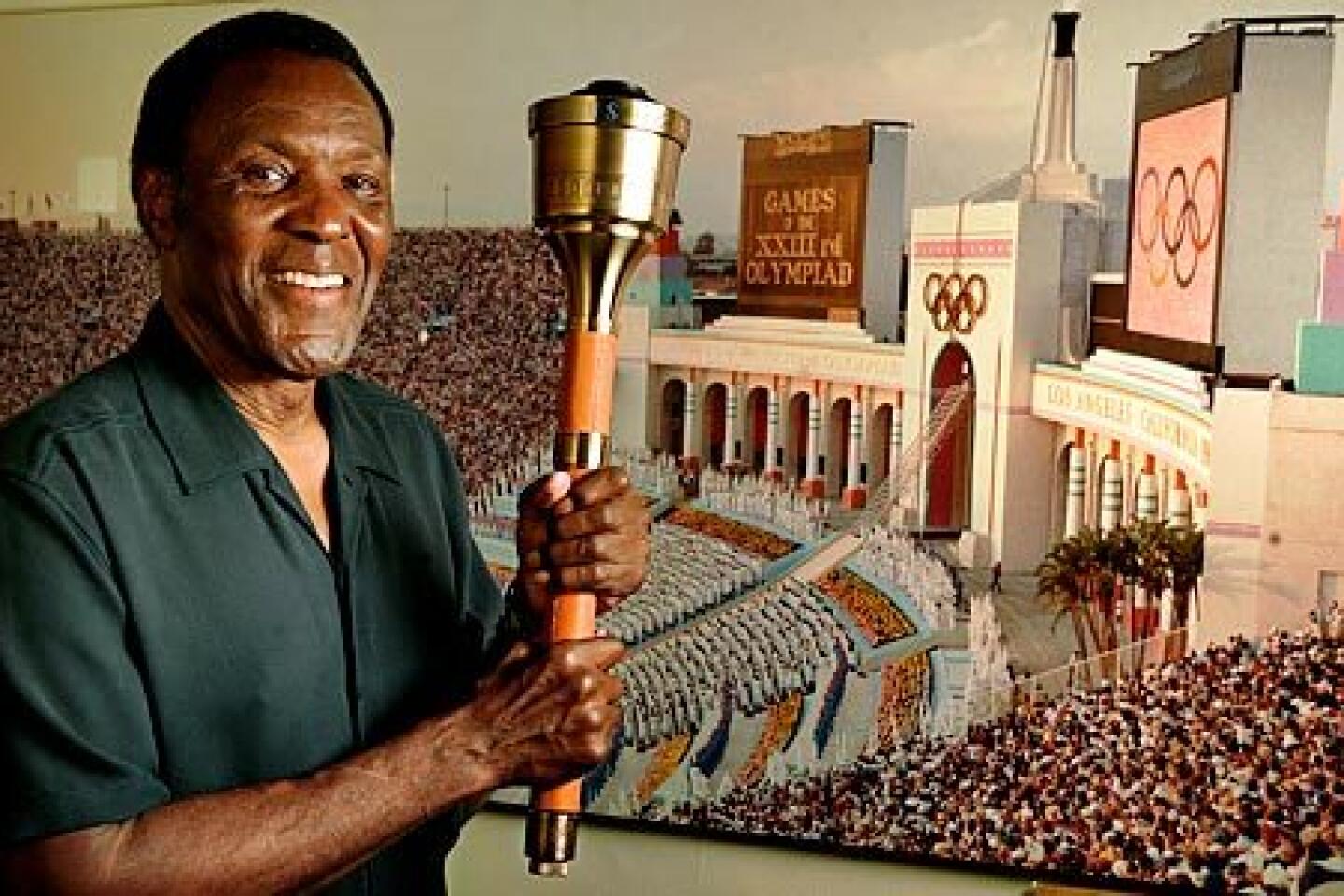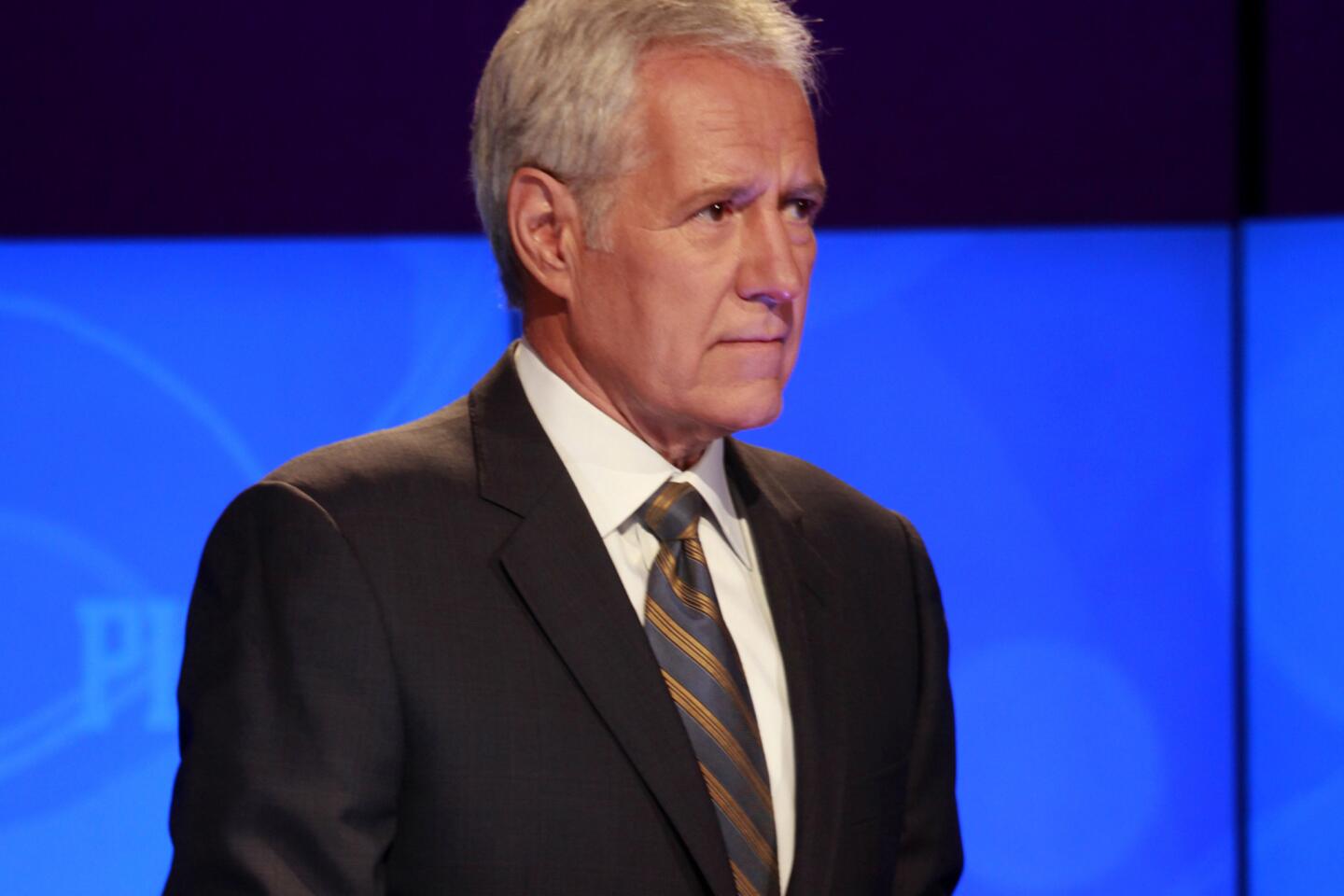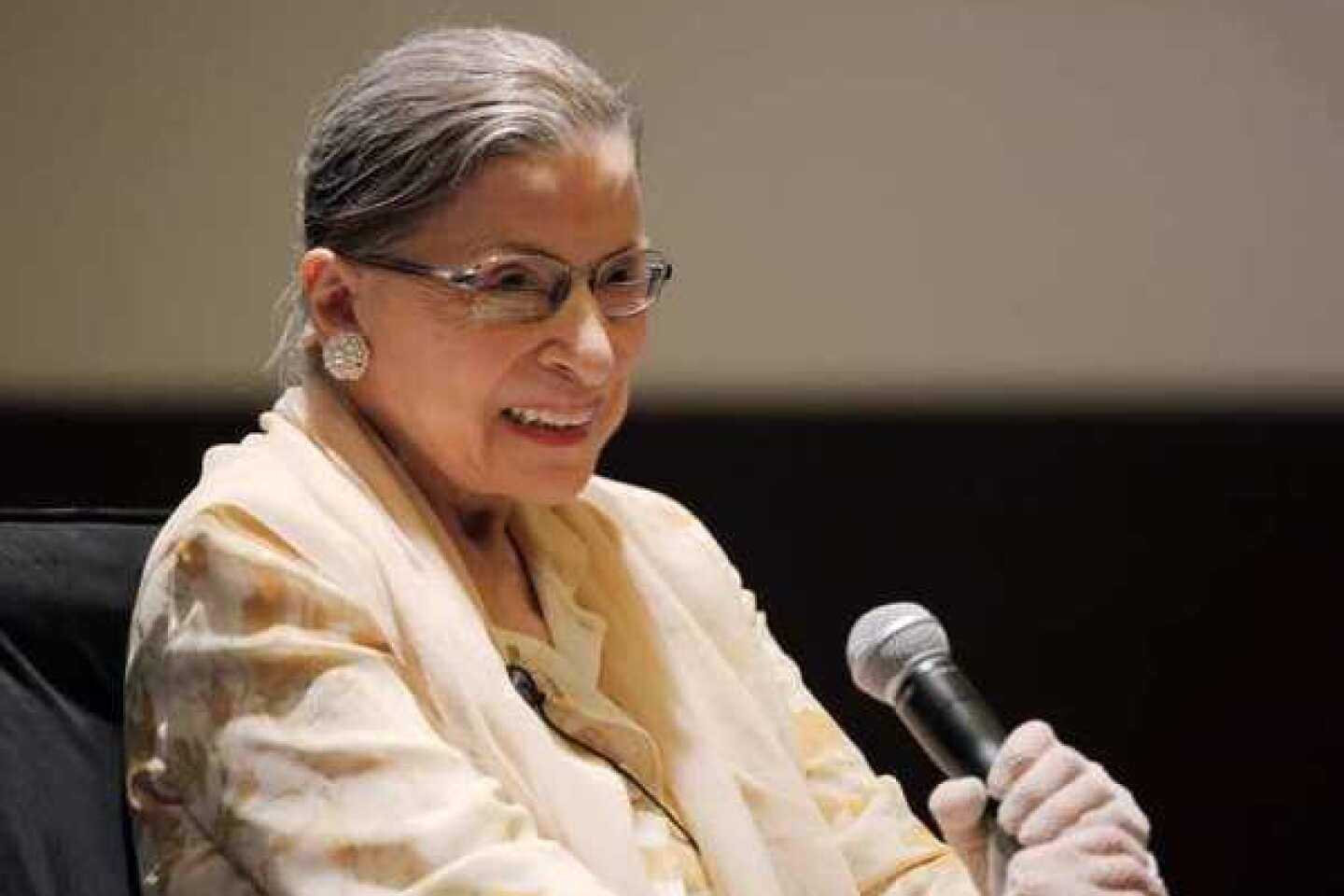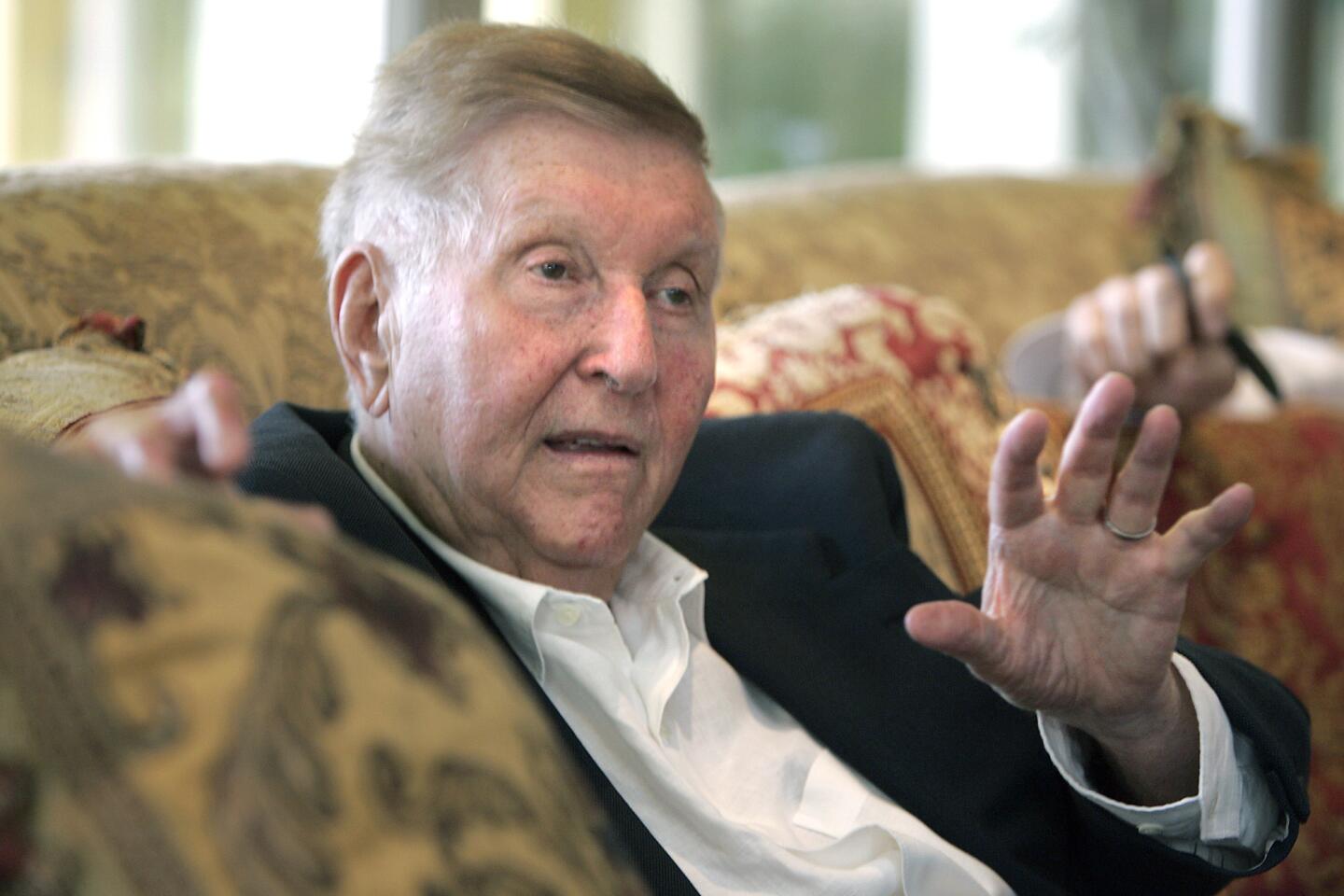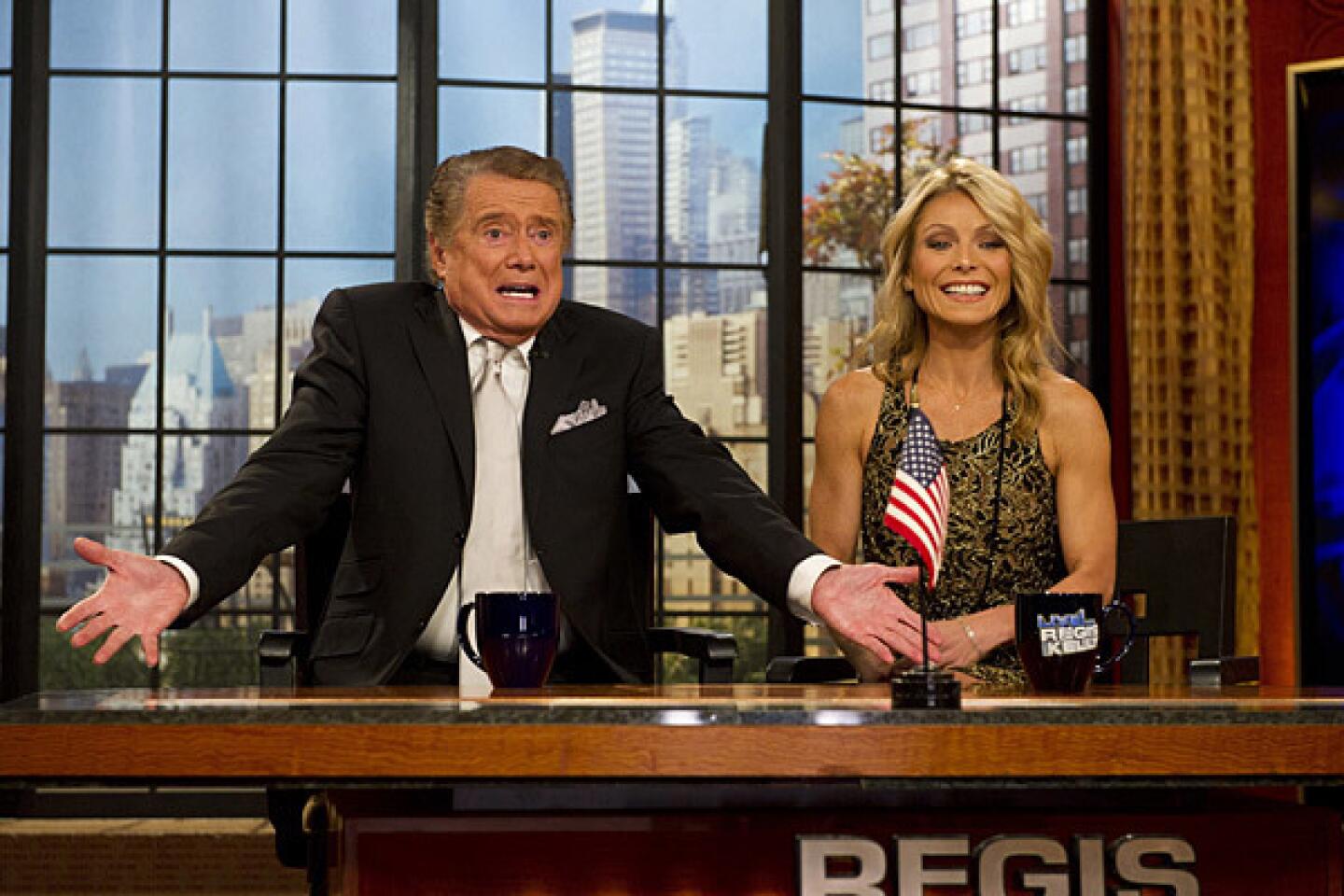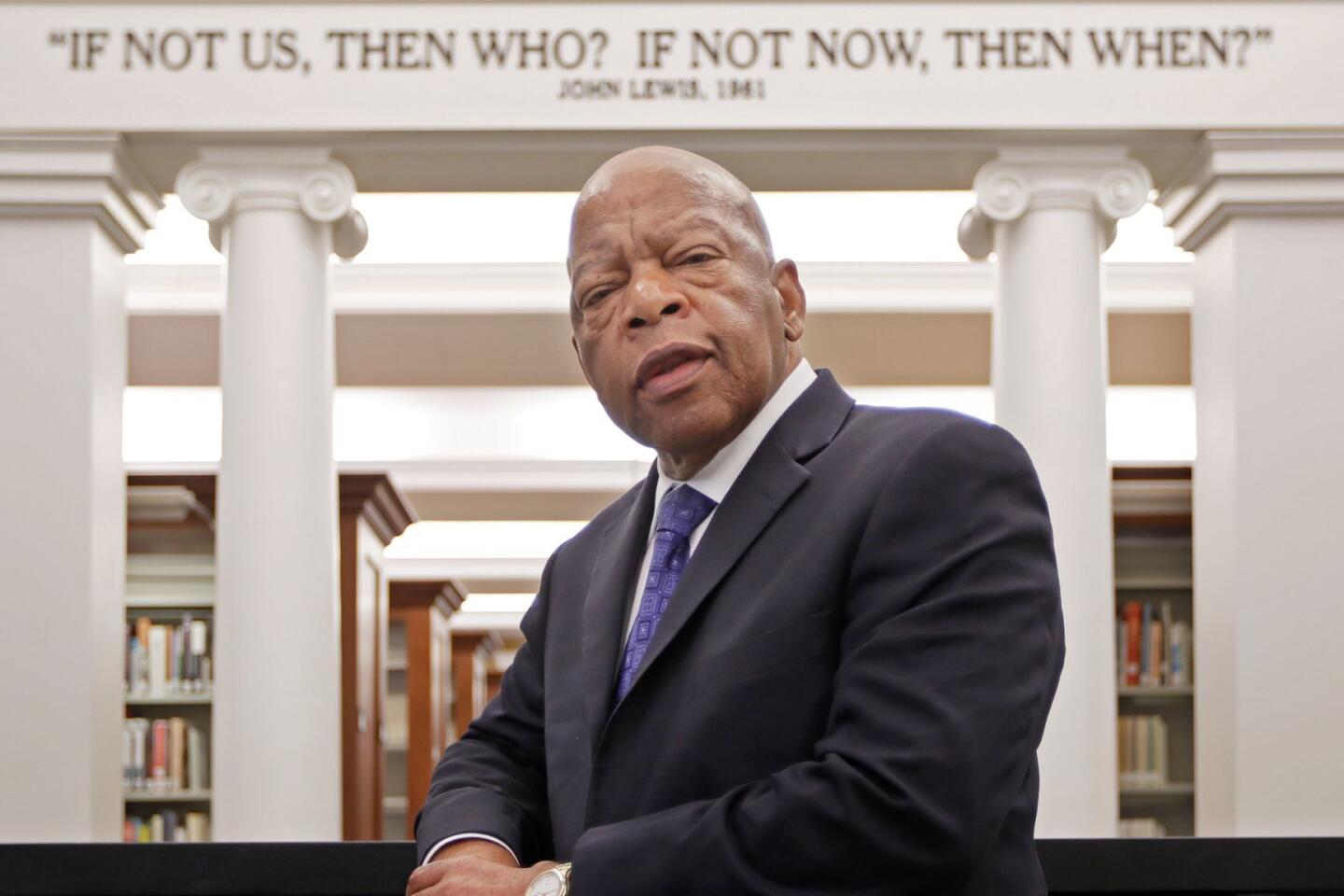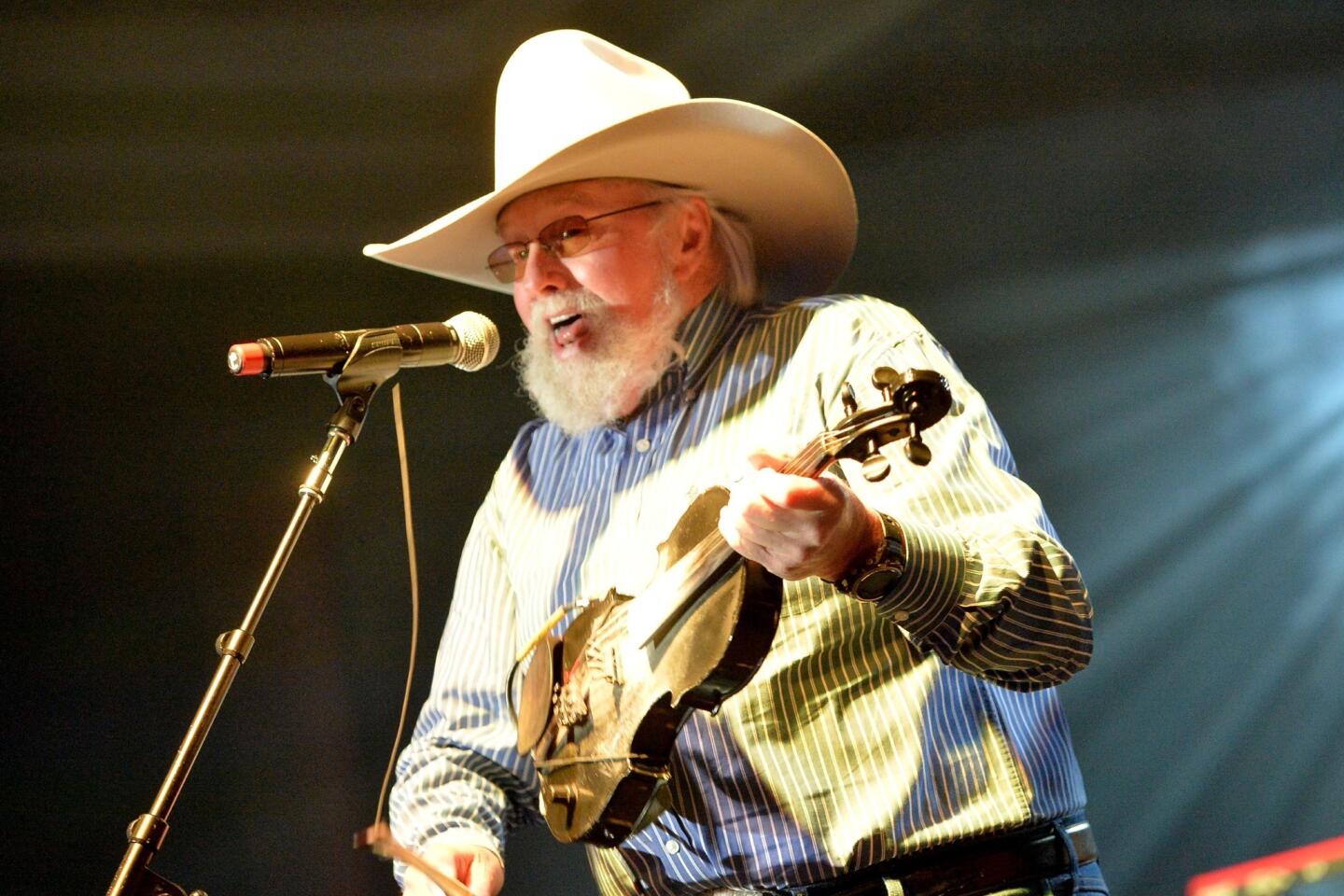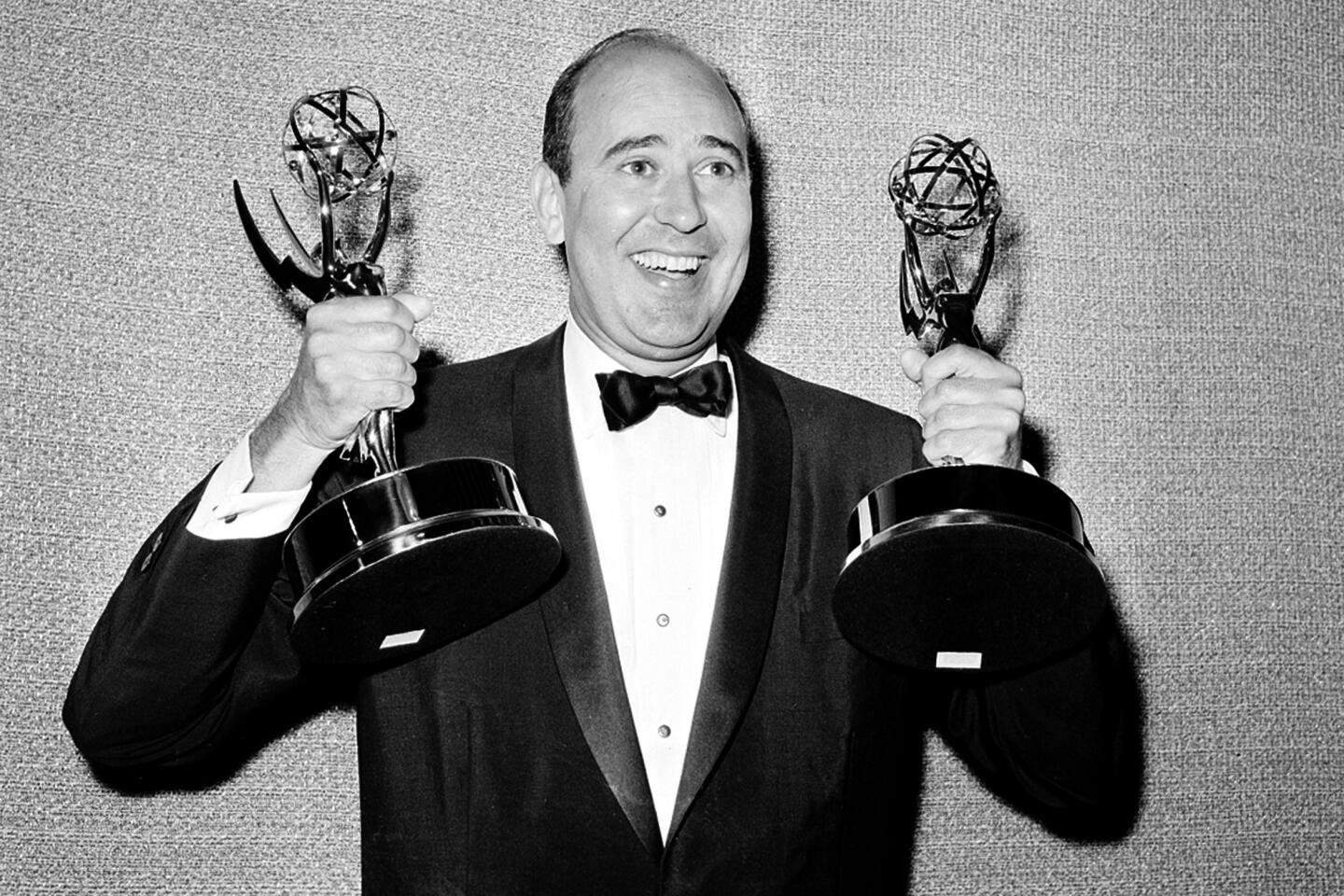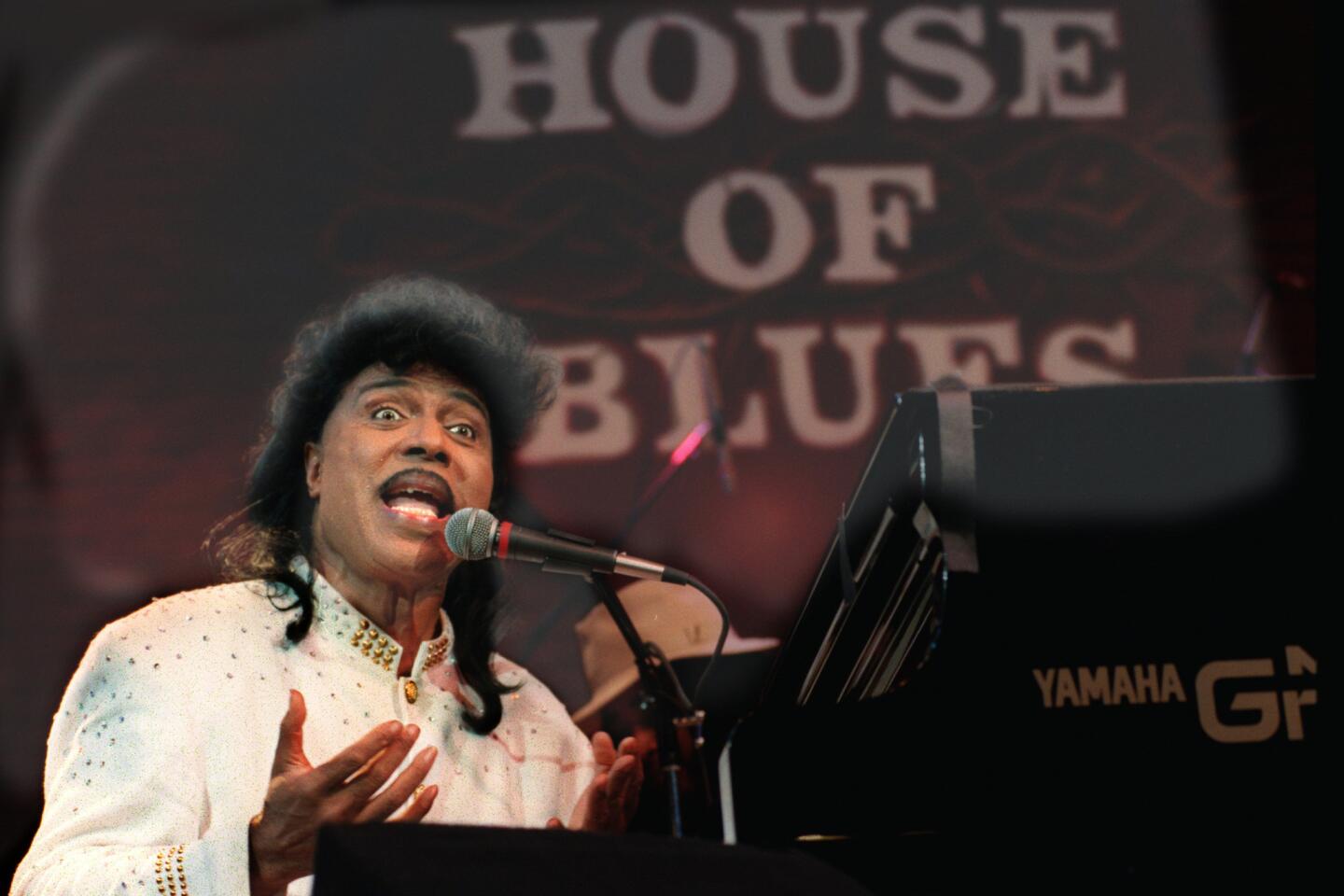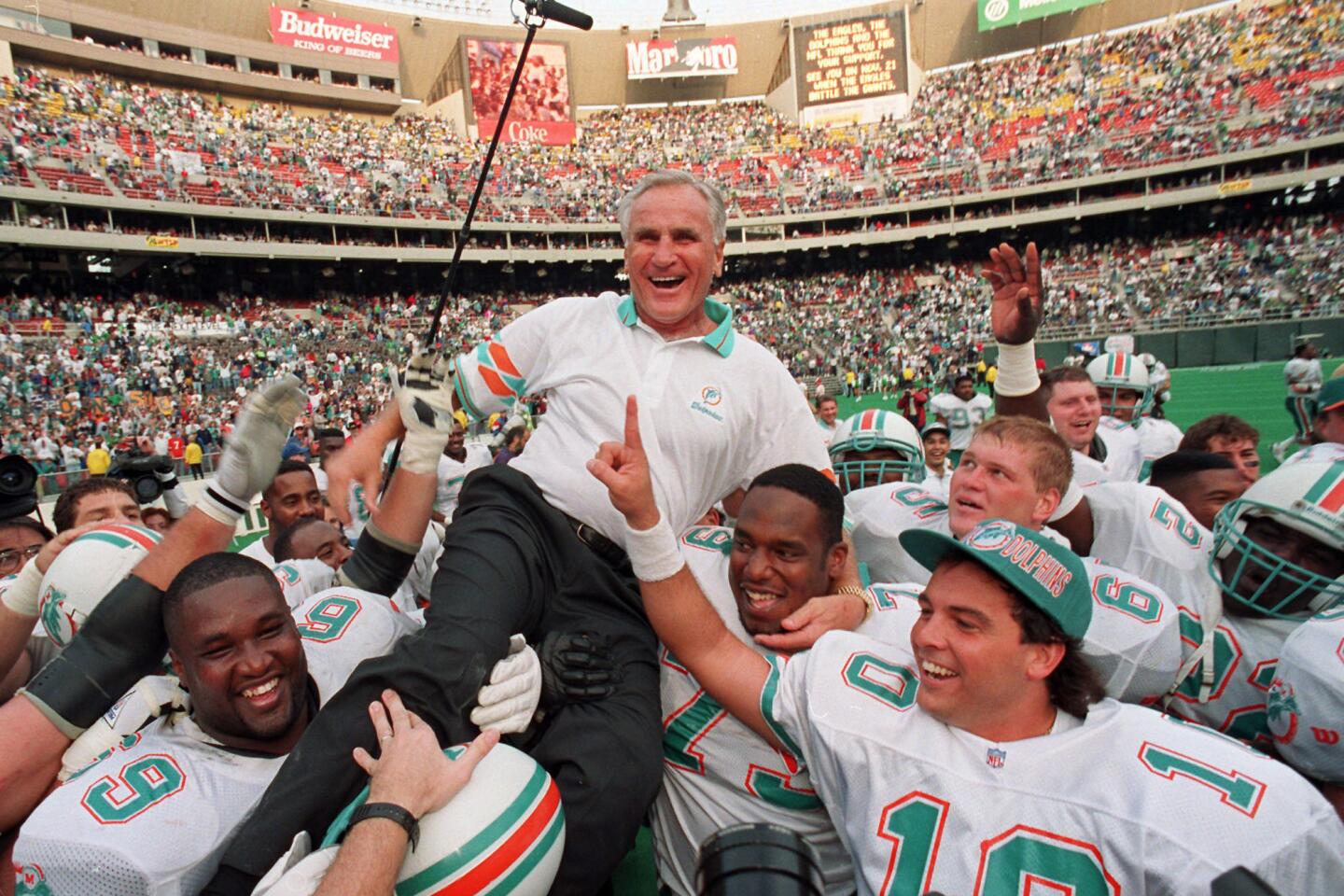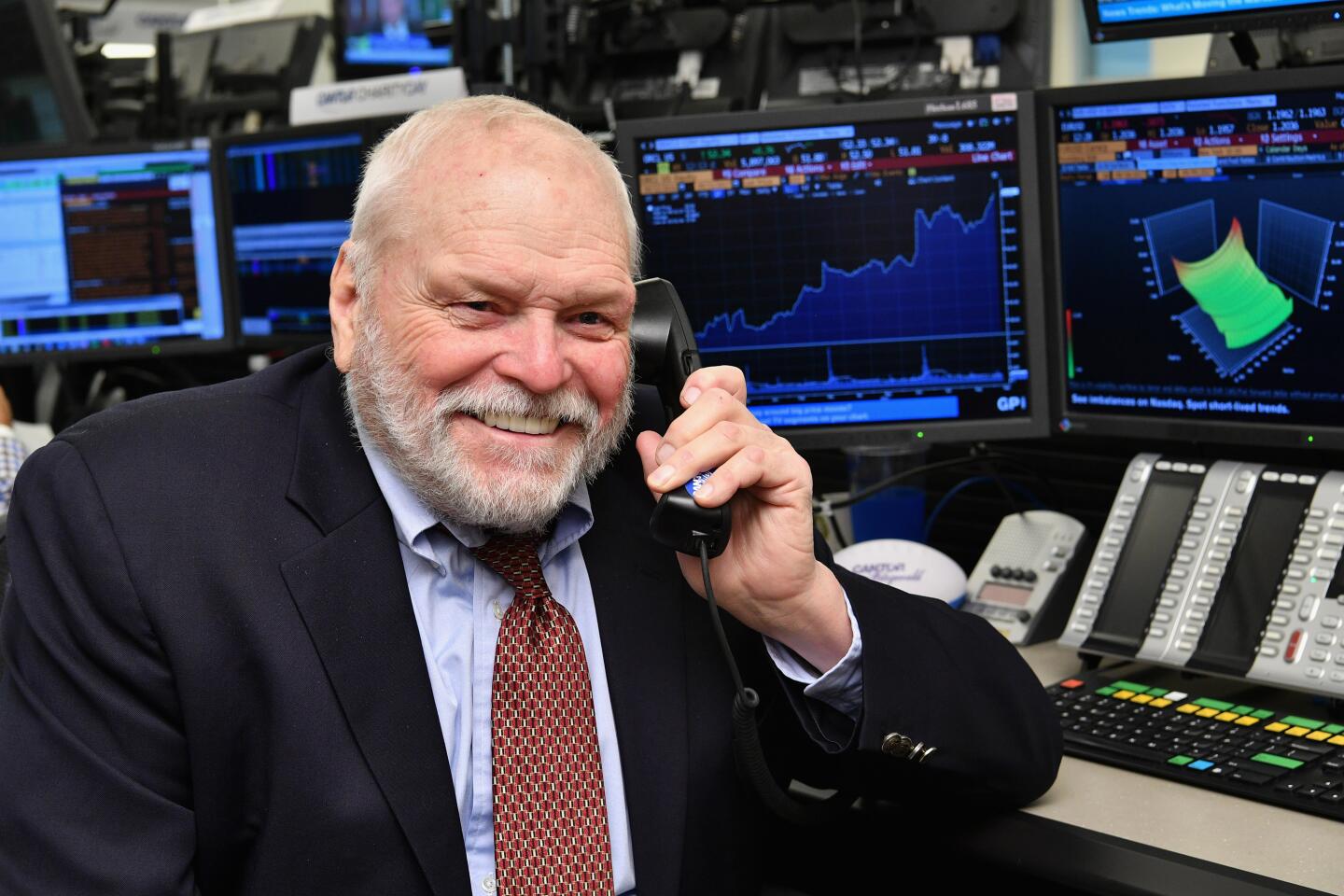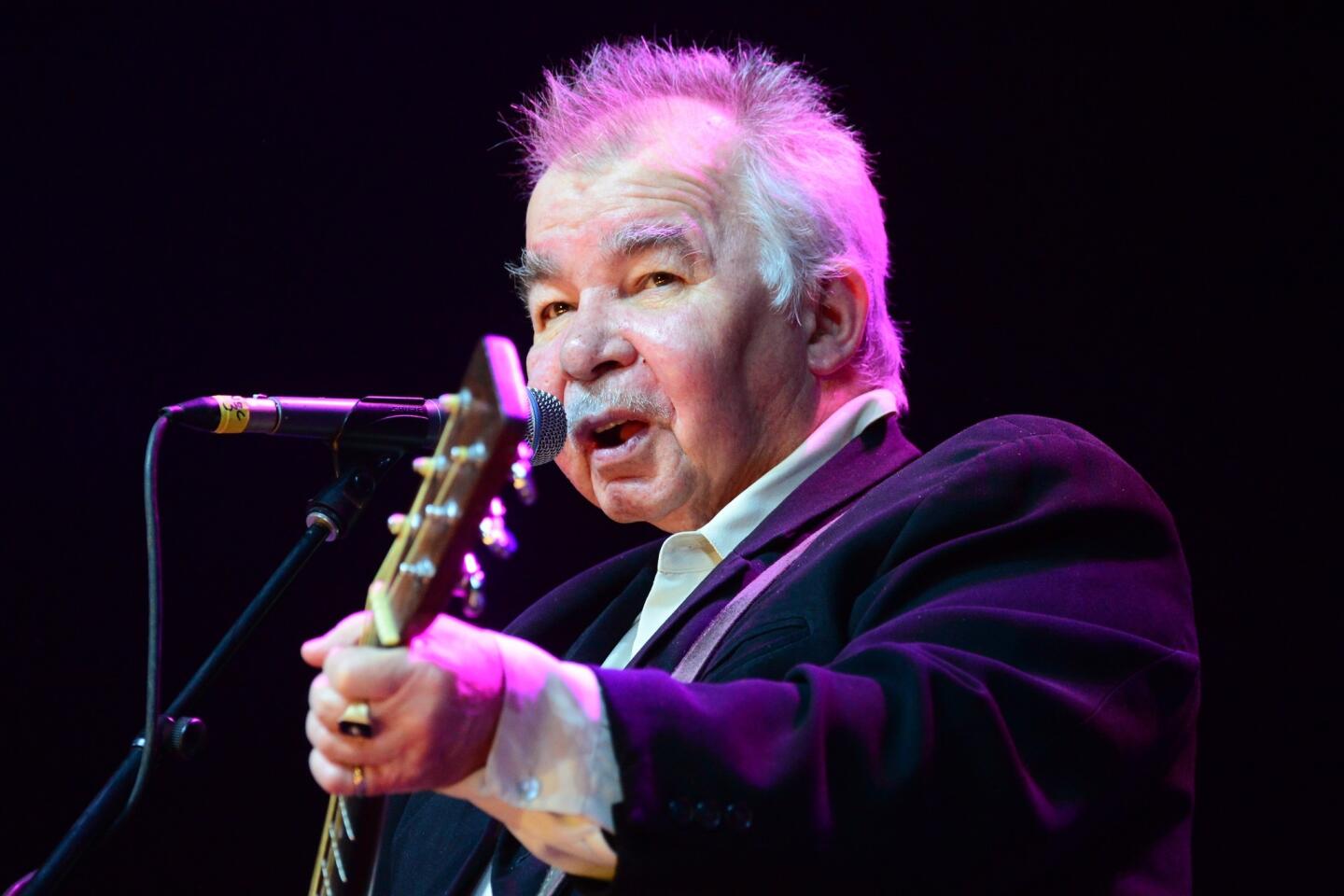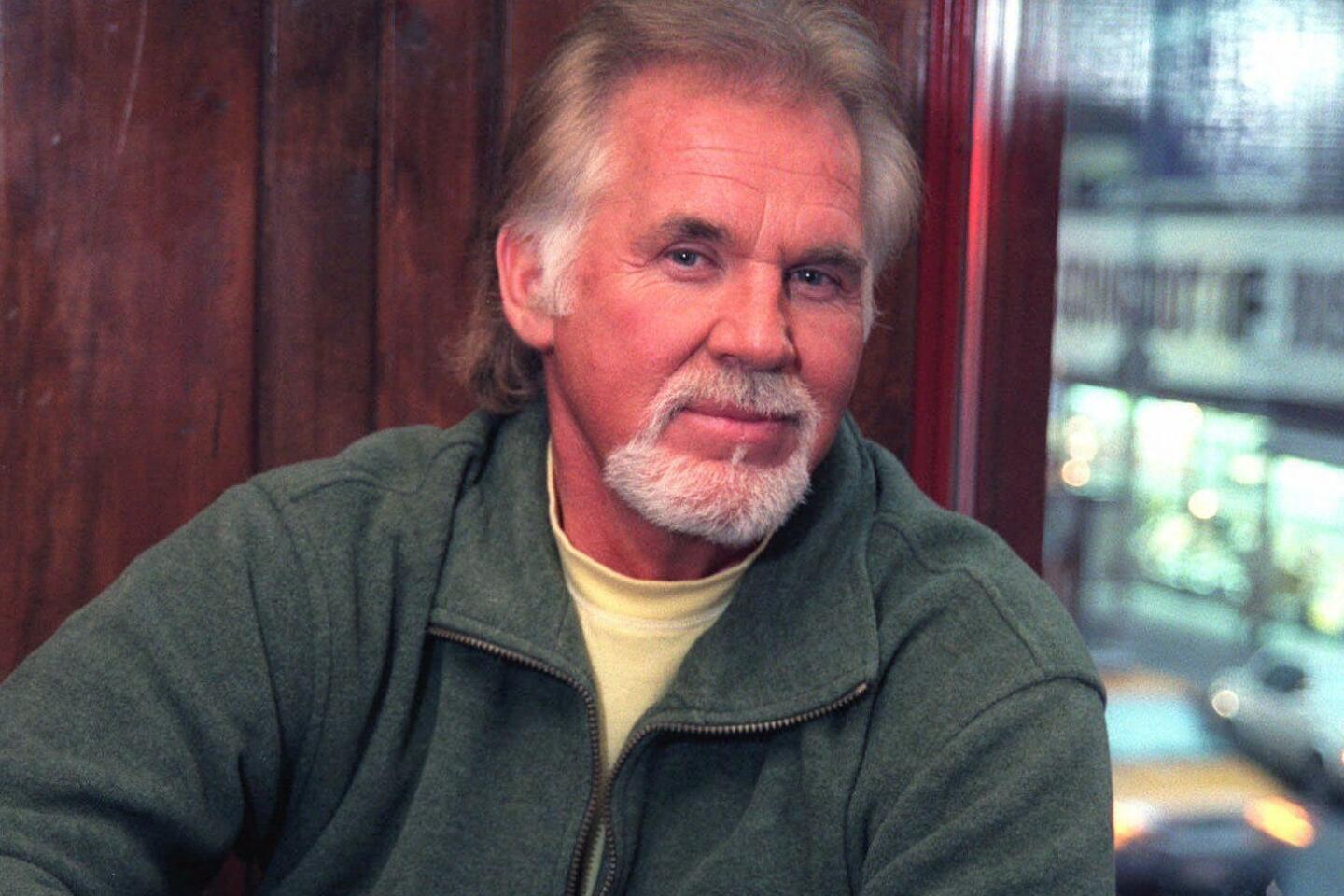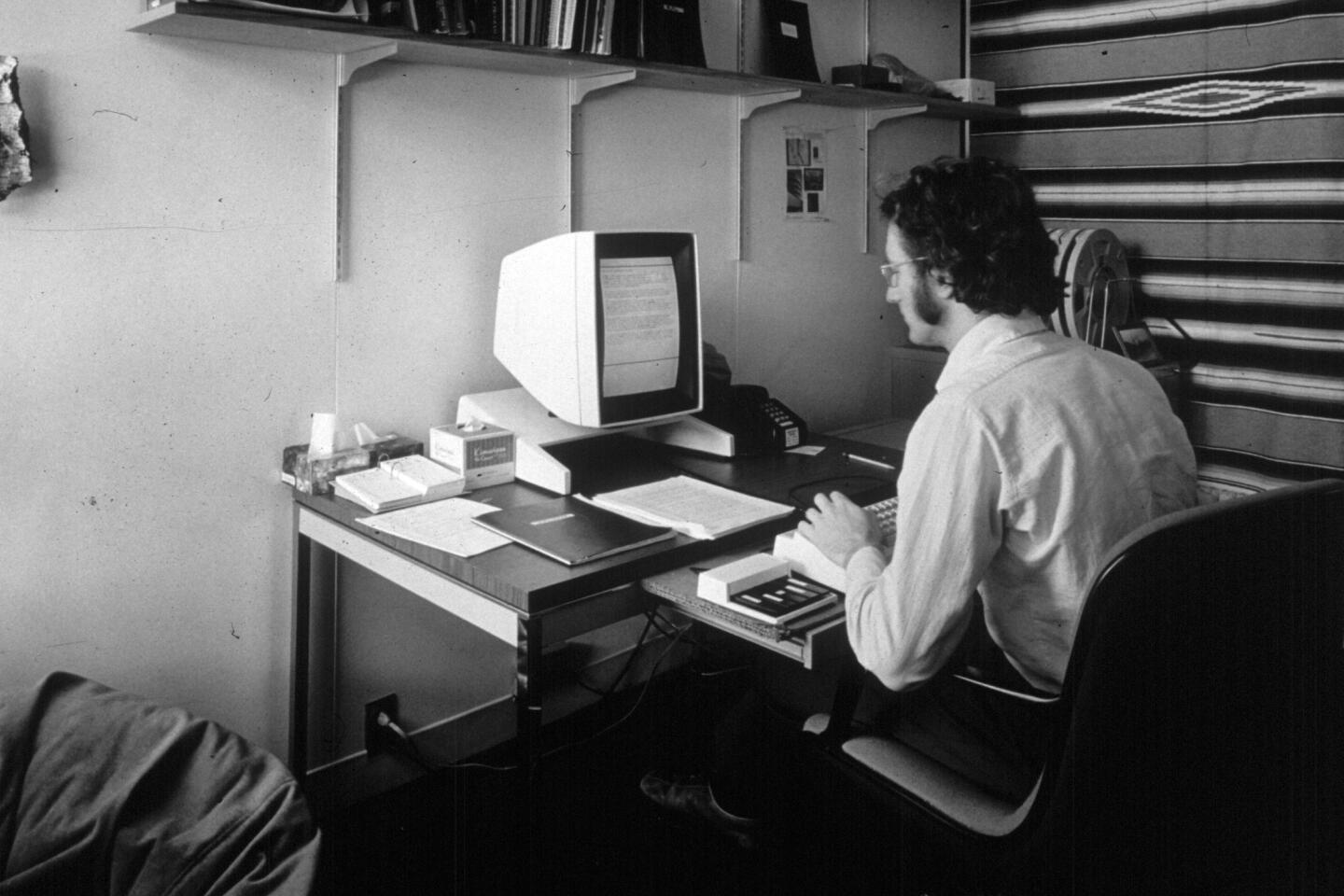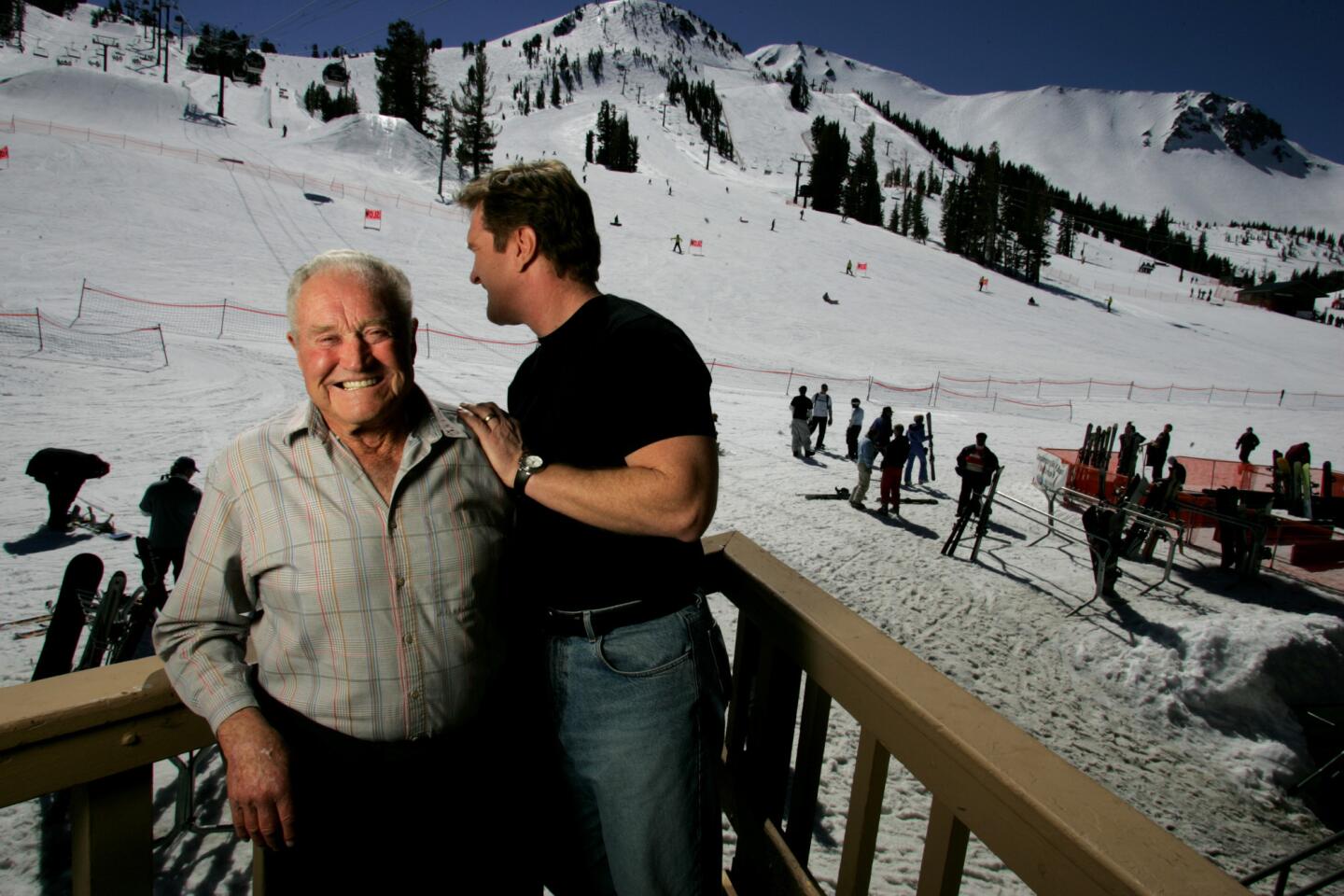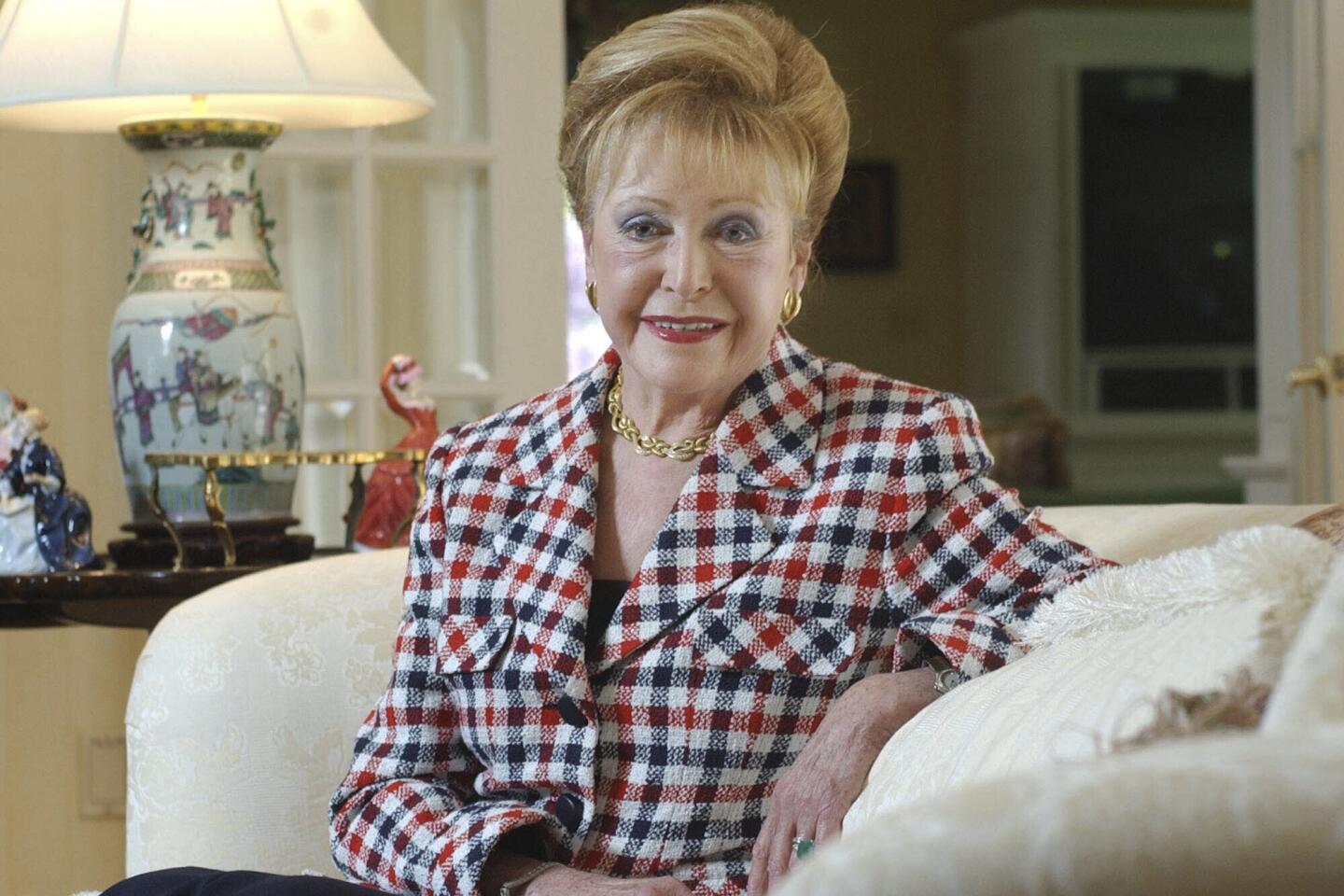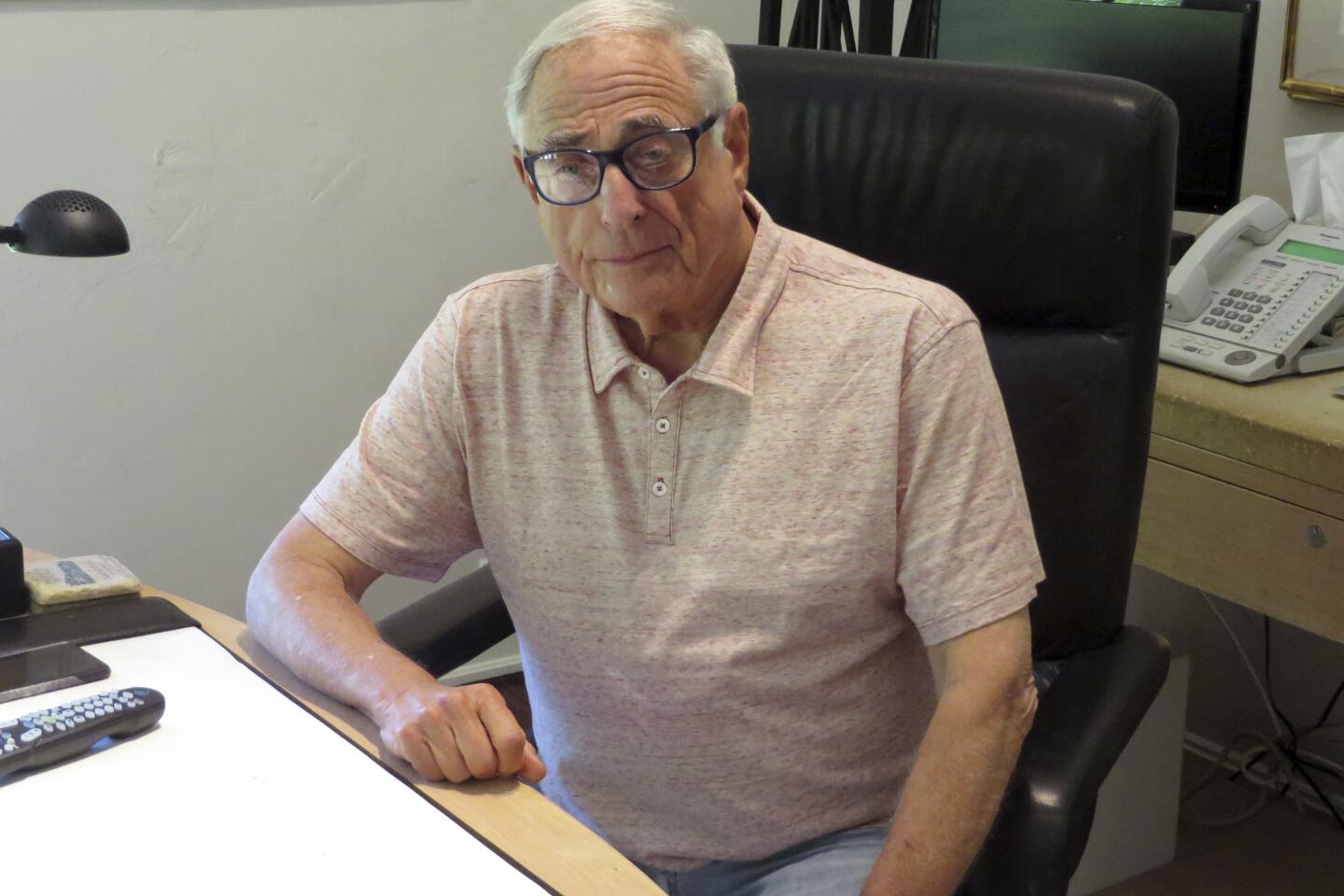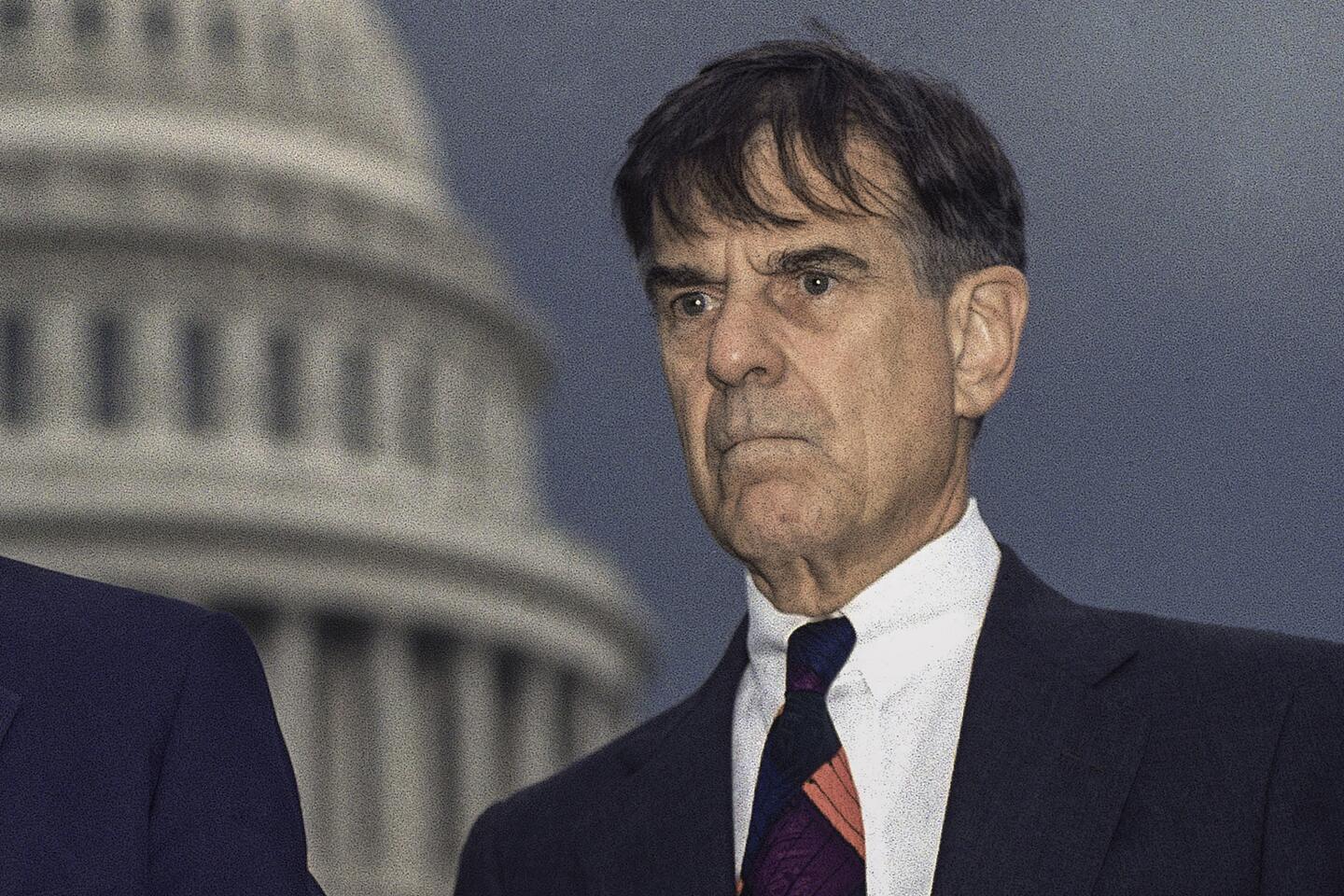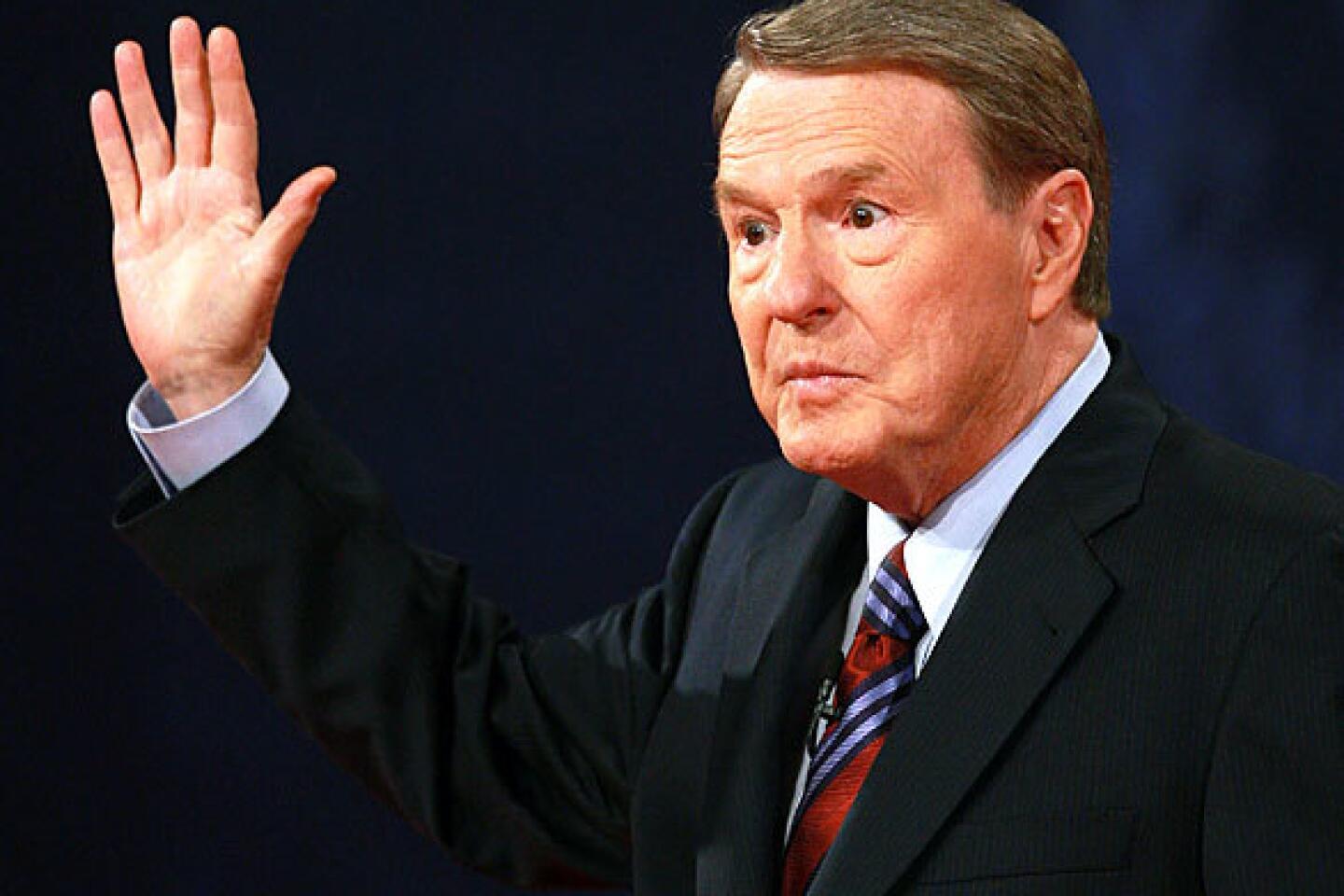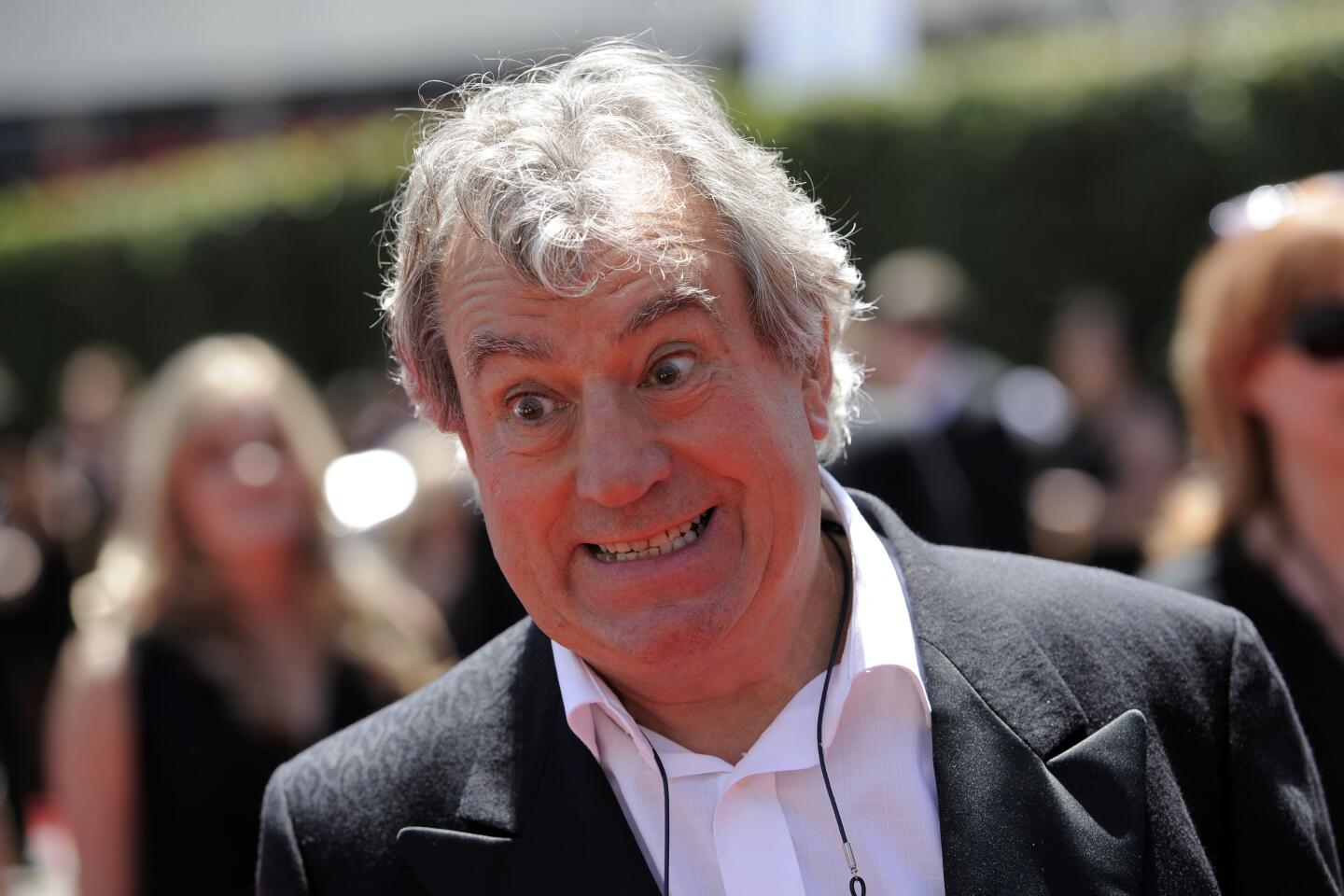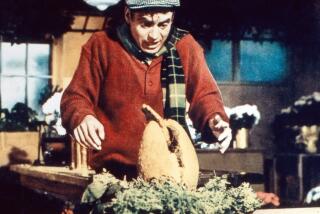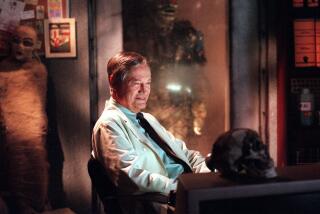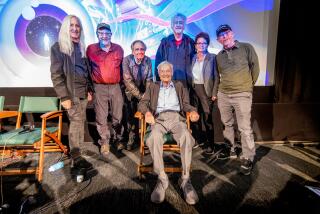Robert Conrad, the rugged, contentious actor who starred in the hugely popular 1960s television series “Hawaiian Eye” and “The Wild, Wild West,” has died. He was 84.
Family spokesman Jeff Ballard said Conrad died Saturday morning in Malibu from heart failure. A small private service is planned for March 1, which would have been Conrad’s 85th birthday.
“He lived a wonderfully long life and while the family is saddened by his passing, he will live forever in their hearts,” Ballard said.
With his good looks and strong physique, Conrad was a rising young actor in the late 1950s and was chosen for the lead in “Hawaiian Eye.” He became an overnight star after the show debuted in 1959.
Conrad played Tom Lopaka, a daring private investigator whose partner was Tracy Steele, played by Anthony Eisley. They operated out of a fancy office overlooking the pool at a popular Waikiki hotel.
The two private eyes alternated on simple investigations with help from the island’s colorful characters, including a singer named Cricket Blake (Connie Stevens) and a ukulele-strumming taxi driver named Kazuo (Poncie Ponce).
After five seasons with the show, Conrad went on to embrace the television craze of the time, period Westerns, but with a decidedly different twist.
In “The Wild, Wild West,” which debuted in 1965, he was James T. West, a James Bond-like agent who used innovative tactics and futuristic gadgets (futuristic for the 1800s anyway) to battle bizarre villains. He was ably assisted by Ross Martin’s Artemus Gordon, a master of disguise.
The show aired until 1970.
The series “Baa Baa Black Sheep” followed in 1976 and was roughly based on an autobiography by Marine Corps ace and Medal of Honor recipient Gregory “Pappy” Boyington, who wrote of the raucous fliers he commanded during World War II.
Conrad played Pappy Boyington, so nicknamed because he often rescued his pilots from severe punishment. Bringing his customary intensity to the role, he even learned to fly.
The CBS series was enjoyed by male viewers but not so much by women and it was dropped after its first season. It was revived in December 1977 as “Black Sheep Squadron,” after the network’s new shows failed to find audiences. It continued on for another season.
Conrad, meanwhile, interspersed his long, successful TV career with numerous roles in films. After a couple of small parts, his TV fame elevated him to stardom, starting in 1966 with “Young Dillinger,” in which he played Pretty Boy Floyd. Other films included “Murph the Surf,” “The Bandits” (which he also directed), “The Lady in Red” (this time as John Dillinger) and “Wrong Is Right.”
At the same time, he found plenty of time for arguments.
Throughout Hollywood, Conrad had a reputation as a tough customer and was sued more than a half-dozen times as a result of fist fights. Playing himself in a 1999 episode of the TV series “Just Shoot Me,” he lampooned his threatening, tough-guy persona. He was also featured in 1970s commercials for Eveready Batteries, with a battery on his shoulder, a menacing stare and a popular catchphrase, “I dare you to knock this off.”
“I’m only about 5-feet-8 and only weigh 165 pounds as of this morning, so I’m not the world’s meanest guy,” he told an interviewer in 2008.
“If you treat me nicely, I’ll treat you nicer,” he added. “If you’re rude to me, put your headgear on. Here it comes.”
His daughter Nancy Conrad, who appeared in some of his pictures, explained it this way: “Dad is a hard worker. If people drag their feet, he gets impatient. He starts ranting and raving. It takes a while to patiently take him aside and show him why things might not be going well.”
He frequently employed his family in his movies and TV shows.
An example was the 1988 television series “High Mountain Rangers,” which Conrad had proposed, bankrolled with his own money and directed. He hired sons Shane and Christian as co-stars, daughter Joan as producer and daughter Nancy as caterer. His first wife handled financial matters.
The show, about a group of law enforcement officers, was filmed in the High Sierra near Lake Tahoe.
Conrad’s later film credits included 1996’s “Jingle All The Way” with Arnold Schwarzenegger and 2002’s “Dead Above Ground.”
1/25
Kobe Bryant, Ruth Bader Ginsburg, Sean Connery and more. (Los Angeles Times)
2/25
Rafer Johnson, winner of the 1960 Olympic decathlon gold medal, was a man whose legacy was interwoven with Los Angeles history, beginning with his performances as a world-class athlete at UCLA and punctuated by the night in 1968 when he helped disarm Robert F. Kennedy’s assassin at the Ambassador Hotel. Johnson lit the Olympic flame at the opening of the 1984 Summer Games in Los Angeles. He was 86.
(Mel Melcon / Los Angeles Times) 3/25
With his quick wit and easy smile,
Alex Trebek drove the game show “Jeopardy!” up the ratings charts and became a welcome television host in America’s living rooms. As the quiz show rolled through the decades, Trebek remained a comfortable fit — in a 2014 Reader’s Digest poll, Trebek ranked as the eighth-most trusted person in the United States, right behind Bill Gates and 51 spots above Oprah Winfrey. He was 80.
(Los Angeles Times) 4/25
Guitarist Eddie Van Halen’s speed and innovations along the fretboard inspired a generation of imitators as the band bearing his name rose to MTV stardom and multiplatinum sales over 10 consecutive albums. The streak made Van Halen one of the most successful bands in rock history, including two albums that reached diamond status (10 million copies sold): 1978’s debut “Van Halen” and 1984’s “1984.” He was 65.
(Wibbitz/Getty) 5/25
Justice Ruth Bader Ginsburg championed women’s rights — first as a trailblazing civil rights attorney who methodically chipped away at discriminatory practices, then as the second woman to serve on the Supreme Court, and finally as an unlikely pop culture icon. A feminist hero dubbed Notorious RBG, Ginsburg became the leading voice of the court’s liberal wing, best known for her stinging dissents on a bench that mostly skewed right since her 1993 appointment. She was 87.
(Kiichiro Sato / Associated Press) 6/25
Chadwick Boseman’s breakout role was playing Dodger Jackie Robinson in the 2013 sports biopic “42.” The next year, he made an electrifying lead turn as James Brown, the Godfather of Soul, in “Get on Up.” Then came the role that would change his career: As
Black Panther, the Marvel Cinematic Universe’s first Black superhero, Boseman became the face of Wakanda to millions of fans around the world and helped usher in a new and inclusive era of superhero blockbusters. He was 43.
(Jay L. Clendenin / Los Angeles Times) 7/25
Sumner Redstone outmaneuvered rivals to assemble one of America’s leading entertainment companies, now called ViacomCBS, which boasts CBS, Comedy Central, MTV, Nickelodeon, BET, Showtime, the Simon & Schuster book publisher and Paramount Pictures movie studio. Unlike contemporaries Rupert Murdoch and Ted Turner, Redstone was not a visionary, but rather a hard-charging lawyer and deal maker who pursued power and wealth through the accumulation of content companies. He was 97.
(Brian Vander Brug / Los Angeles Times) 8/25
Regis Philbin reigned for decades as the comfortable and sometimes cantankerous morning host of “Live,” first with Kathie Lee Gifford and later Kelly Ripa, above. He earned Emmy nominations by the armful, hosted New Year’s Eve specials, rode in parades, set a record for the most face-time hours on television and helped reinvigorate prime-time game shows with “Who Wants to Be a Millionaire.” He was 88.
(Charles Sykes / Associated Press) 9/25
Rep. John Lewis famously shed his blood at the foot of a Selma, Ala., bridge in a 1965 demonstration for Black voting rights, and went on to become a 17-term Democratic member of Congress. An inspirational figure for decades, Lewis was one of the last survivors among members of the Rev. Martin Luther King Jr.’s inner circle. He was 80.
(Mark Humphrey / Associated Press) 10/25
Country music firebrand and fiddler Charlie Daniels started out as a session musician, which included playing on Bob Dylan’s 1969 album “Nashville Skyline,” and beginning in the early 1970s toured endlessly with his own band, sometimes doing 250 shows a year. In 1979, Daniels had a crossover smash with “The Devil Went Down to Georgia,” which topped the country chart, hit No. 3 on the pop chart and was voted single of the year by the Country Music Assn. He was 83.
(Rick Diamond / Getty Images for IEBA) 11/25
Carl Reiner first came to national attention in the 1950s on Sid Caesar’s “Your Show of Shows,” where he wrote alongside Mel Brooks, Neil Simon and other comedy legends. He later created “The Dick Van Dyke Show,” one of TV’s most fondly remembered sitcoms, and directed hit films including “The Comic” (1969), starring Van Dyke; “Where’s Poppa?” (1970), starring George Segal and Ruth Gordon; “Oh, God!” starring George Burns and John Denver; and four films starring Steve Martin. He was 98.
(Associated Press ) 12/25
The flamboyant, piano-pounding Little Richard roared into the rock ‘n’ roll spotlight in the 1950s with hits such as “Tutti-Frutti,” “Long Tall Sally” and “Good Golly, Miss Molly.” The Georgia native’s raucous sound fused gospel
fervor and R&B sexuality, profoundly influencing the Beatles, James Brown (who succeeded him in one of his early bands), Jimi Hendrix (one of his backup musicians in the mid-’60s) and Bruce Springsteen. He was 87.
(Boris Yaro / Los Angeles Times) 13/25
Don Shula was the NFL’s winningest coach, leading the 1972 Miami Dolphins to the league’s only undefeated season. He coached the Baltimore Colts to one Super Bowl and the Dolphins to five, winning Lombardi Trophies after the 1972 and ’73 seasons. He was 90.
(ASSOCIATED PRESS) 14/25
Former Egyptian
President Hosni Mubarak crushed dissent for decades until the 2011 Arab Spring movement drove him from power. During his presidency, which spanned nearly 30 years, he protected Egypt’s stability as intifadas roiled Israel and the Palestinian territories, the U.S. led two wars against Iraq, Iran fomented militant Shiite Islam across the region and global terrorism complicated the divide between East and West. He was 91.
(Sameh Sherif / AFP/Getty Images) 15/25
Among his 40-odd films,
burly Brian Dennehy played a sheriff who jailed Rambo in “First Blood,” a serial killer in “To Catch a Killer” and a corrupt sheriff in “Silverado.” On Broadway, he was awarded Tonys for his roles in “Death of a Salesman” (1999) and “Long Day’s Journey Into Night” (2003). He was 81.
(Dia Dipasupil) 16/25
Singer-songwriter John Prine broke onto the folk scene in 1971 with a self-titled album that included two songs brought to broader audiences by Bette Midler and Bonnie Raitt: “Hello in There” and “Angel From Montgomery,” respectively. In 2019, he was elected to the Songwriters Hall of Fame. He was 73.
(Frazer Harrison / Getty Images for Stagecoach) 17/25
Country singer Kenny Rogers racked up an impressive string of hits — initially as a member of The First Edition starting in the late 1960s and later as a solo artist and duet partner with Dolly Parton — and earned three Grammy Awards, 19 nominations and a slew of accolades from country-music awards shows. Country purists balked at his syrupy ballads, but his fans packed arenas that only the titans of rock could fill. He was 81.
(Suzanne Mapes / Associated Press) 18/25
Xerox researcher Larry Tesler pioneered concepts that made computers more user-friendly, including moving text through cut, copy and paste. In 1980, he joined Apple, where he worked on the Lisa computer, the Newton personal digital assistant and the Macintosh. He was 74.
(AP) 19/25
Ski industry pioneer Dave McCoy transformed a remote Sierra peak into the storied Mammoth Mountain Ski Area. Over six decades, it grew from a downhill depot for friends to a profitable operation of 3,000 workers and 4,000 acres of ski trails and lifts, a mecca for generations of skiers and boarders. He was 104. (Genaro Molina / Los Angeles Times)
20/25
Screen icon
Kirk Douglas brought a clenched-jawed intensity to an array of heroes and heels, receiving Oscar nominations for his performances as an opportunistic movie mogul in the 1952 drama “The Bad and the Beautiful” and as Vincent van Gogh in the 1956 drama “Lust for Life.” As executive producer of “Spartacus,” Douglas helped end the Hollywood blacklist by giving writer Dalton Trumbo screen credit under his own name. He was 103.
(Annie Wells / Los Angeles Times) 21/25
“Queen of Suspense”
Mary Higgins Clark became a perennial best-seller, writing or co-writing “A Stranger Is Watching,” “Daddy’s Little Girl” and more than 50 other favorites. Her sales topped 100 million copies, and many of her books, including “A Stranger is Watching” and “Lucky Day,” were adapted for movies and television. She was 92.
(Associated Press) 22/25
Fred Silverman was the head of programming at CBS, where he championed a string of hits including “The Mary Tyler Moore Show,” “All in the Family,” “MASH” and “The Jeffersons.” Later at ABC, he programmed “Laverne & Shirley,” “The Love Boat,” “Happy Days” and the 12-hour epic saga “Roots.” He was 82.
(Associated Press) 23/25
Former California
Rep. Fortney “Pete” Stark Jr. represented the East Bay in Congress for 40 years. The influential Democrat helped craft the Affordable Care Act, the signature healthcare achievement of the Obama administration, and also created the 1986 law best known as COBRA, which allows workers to stay on their employer’s health insurance plan after they leave a job. He was 88.
(Associated Press) 24/25
News anchor
Jim Lehrer appeared 12 times as a presidential debate moderator and helped build “PBS NewsHour” into an authoritative voice of public broadcasting. The program, first called “The Robert MacNeil Report” and then “The MacNeil-Lehrer Report,” became the nation’s first one-hour TV news broadcast in 1983. Lehrer was 85.
(David McNew / Getty Images) 25/25
Terry Jones was a founding member of the Monty Python troupe who wrote and performed for their early ’70s TV series and films including “Monty Python and the Holy Grail” in 1975 and “Monty Python’s Life of Brian” in 1979. After the Pythons largely disbanded in the 1980s, Jones wrote books on medieval and ancient history, presented documentaries, wrote poetry and directed films. He was 77.
(Associated Press) He was born Konrad Robert Falkowski in Chicago on March 1, 1935. His great-grandfather had emigrated from Germany, and his grandfather founded several meat shops in Chicago called Hartman’s.
Conrad moved from one school to another, and at 15 he left his parents’ house for a place known only to his girlfriend and his great-grandmother who sometimes fed him.
A football player in school, Conrad loaded trucks for his first job. Then at 18 he was hired to drive milk wagons.
He tried boxing and nightclub singing for a time before drifting into acting and eventually moving to Hollywood, where he found work as a stuntman.
In lieu of flowers, Conrad’s family is requesting donations to the Wounded Warrior Project and The Marine Corps Scholarship Foundation
Conrad is survived by eight children and 18 grandchildren.
